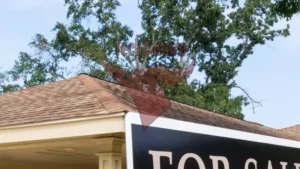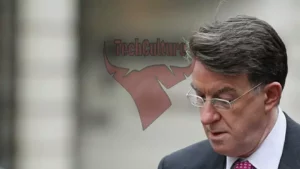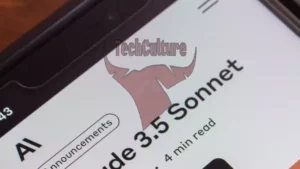Biden’s Convention Speech Marred by Delays and Logistical Challenges
President Joe Biden’s highly anticipated speech at the Democratic National Convention (DNC) was overshadowed by significant delays and logistical issues, frustrating supporters and providing ammunition for critics. The President’s address, originally scheduled for primetime, began late at 11:30 p.m. ET, concluding around 12:20 a.m.
The late start time meant that Biden’s keynote speech missed crucial primetime slots in key East Coast swing states, potentially impacting its reach and effectiveness. Convention officials attributed the delay to “raucous applause interrupting speaker after speaker,” but the explanation did little to quell the growing frustration among attendees and party loyalists.
The scheduling issues forced organizers to cut several planned speeches and performances, including those by Rep. Grace Meng, Rep. Debbie Wasserman Schultz, and musician James Taylor. A veteran Democrat criticized the scheduling, emphasizing the importance of East Coast timing for such a significant event.
Delegates, journalists, and party members faced additional challenges, with long waits on buses and in security lines. Protests against the war in Gaza caused a two-hour delay for buses carrying attendees to the convention site. Some attendees reportedly gave up and left due to the extensive delays.
Media representatives encountered their own set of obstacles, including spotty internet connectivity and limited access to press areas. The Standing Committee of Correspondents expressed concern over reduced workspace for print journalists, urging the DNC to allocate more space to ensure proper coverage of the convention.
In contrast, the Republican National Convention in Milwaukee reportedly ran more smoothly, with Semafor editor Max Tani describing it as “unquestionably smoother” than its Democratic counterpart.
The Trump campaign was quick to capitalize on the DNC’s logistical woes, with campaign strategist Chris LaCivita posting videos of long lines on social media, mocking the situation.
In response to the first day’s challenges, convention officials announced changes for Tuesday’s events, including earlier start times, a shortened program, and limits on speakers’ remarks. The Democratic National Committee has not yet responded to requests for comment on the situation.
As the convention continues, all eyes will be on the organizers to see if they can overcome these initial hurdles and deliver a smoother experience for attendees and viewers alike in the coming days.




